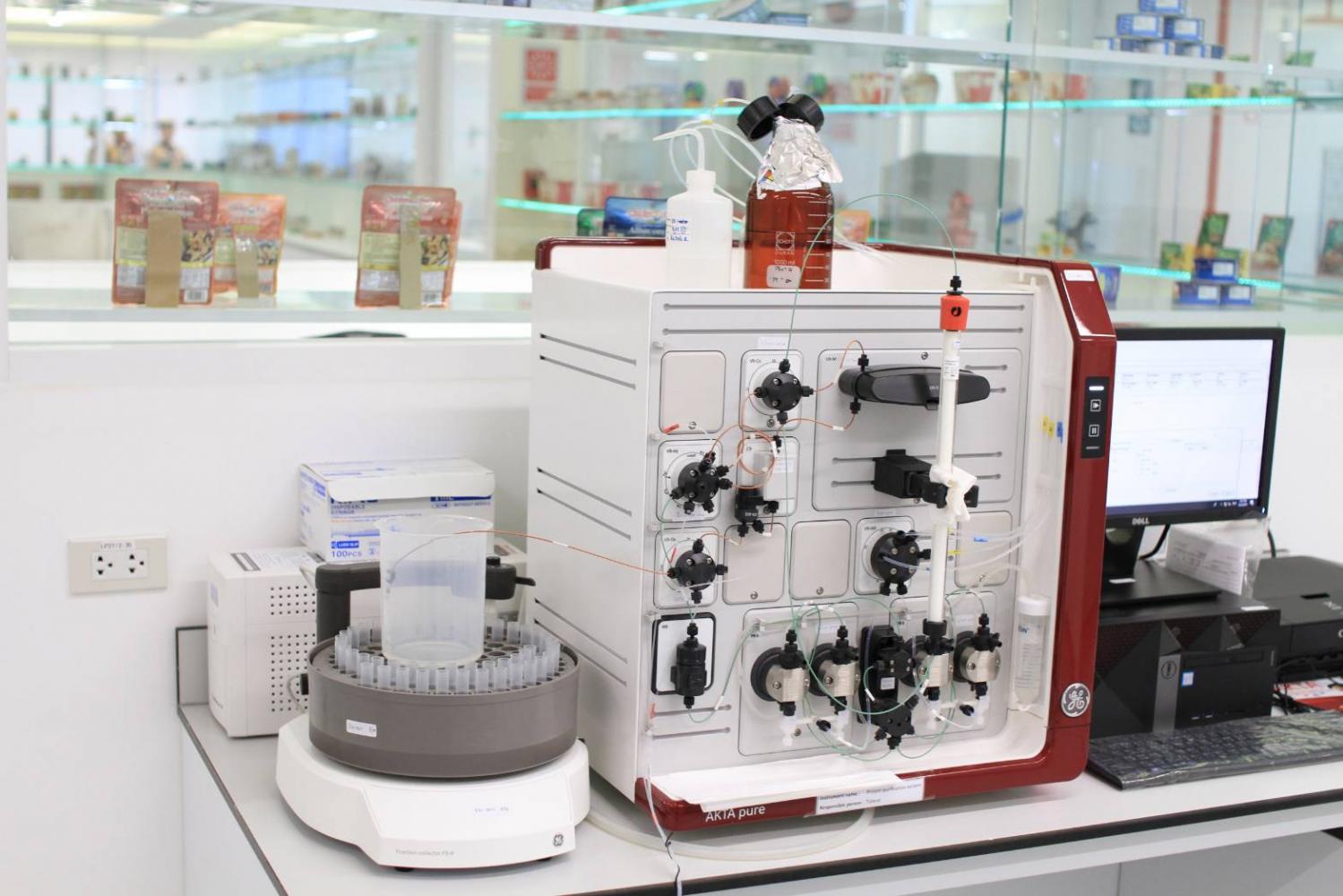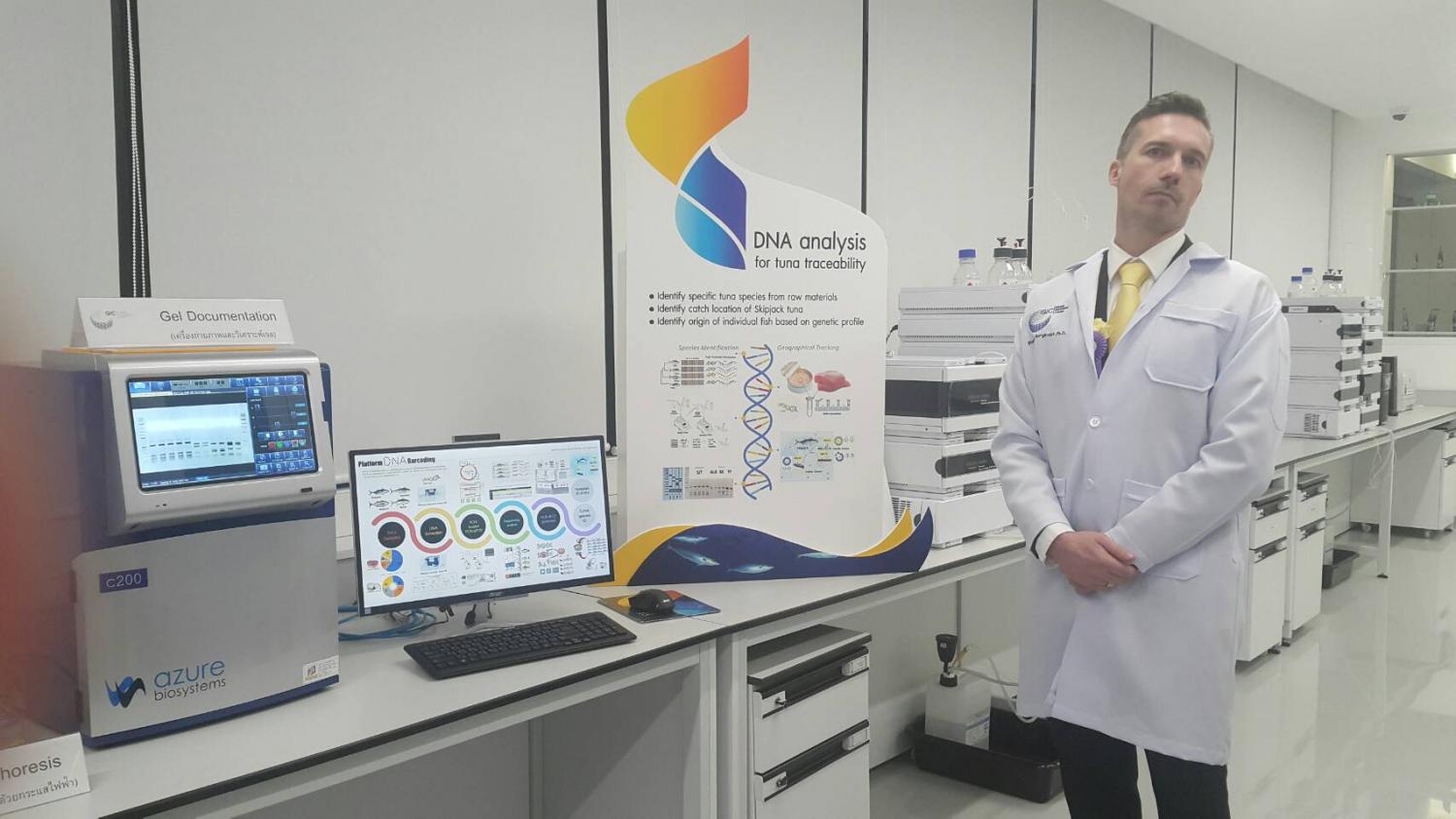
SET-listed Thai Union Group Plc (TU), a global seafood conglomerate, aims to innovate for sustainable business growth, increasing the contribution from innovative products to 10% of total revenue within five years.
The company recently launched two innovative products in European markets -- tuna slices and tuna ham made from yellowfin tuna -- in transparent packaging made from 100% recyclable plastic, sealed with easy-to-open foil.
Calcium supplements made from tuna bones are expected to begin commercial production soon, while tuna oil has been registered a patent.
"Innovation is our strategy to drive the company forward," said chief executive Thiraphong Chansiri. "We have continued to invest in research and innovation for 10 years, increasing our budget for R&D."
Innovative products have a higher margin, more than 25% of the sales price, he said.

Tuna calcium supplements and tuna oil can be sold to other industries such as pharmacies and baby food, helping Thai Union diversify from the food industry that often experiences price volatility.
Other industries have stabler product prices and higher growth margins, Mr Thiraphong said.
The company has budgeted 300-500 million baht a year for innovation-related purposes. Some of the budget is used by Thai Union's Global Innovation Center, established in 2015 and partnered with Mahidol University, and Space-F, the first global food tech incubator and accelerator in Thailand, in conjunction with the National Innovation Agency.
Thai Union targets revenue to grow by 3-5% this year amid a slowdown in global economic growth and uncertainties arising from the worsening Sino-US trade dispute, the Brexit crisis and foreign exchange fluctuation.
"Top line [revenue] might not grow much, but the bottom line [net profit] is expected to expand well, as the tuna price is projected to fluctuate less than last year and we have focused more on production efficiency," Mr Thiraphong said.
Thai Union reported first-quarter sales of 29.7 billion baht, down 0.1% year-on-year, partly due to the depreciation of the euro and pound against the baht.
Excluding the foreign exchange impact, sales would have increased by 2.3% year-on-year, driven by sales growth of frozen and chilled seafood, as well as pet care.
TU shares closed yesterday on the Stock Exchange of Thailand at 18.60 baht, down 20 satang, in trade worth 162.95 million baht.